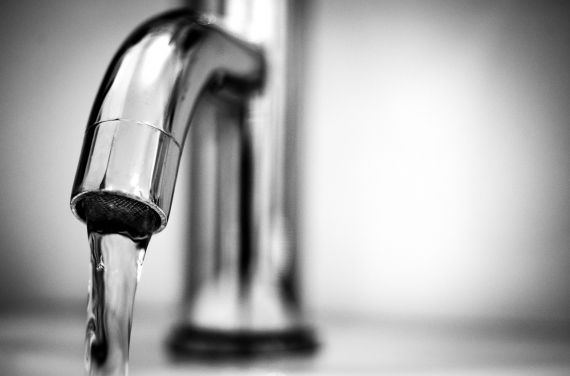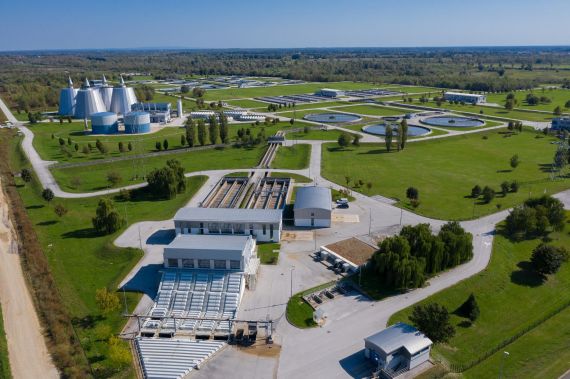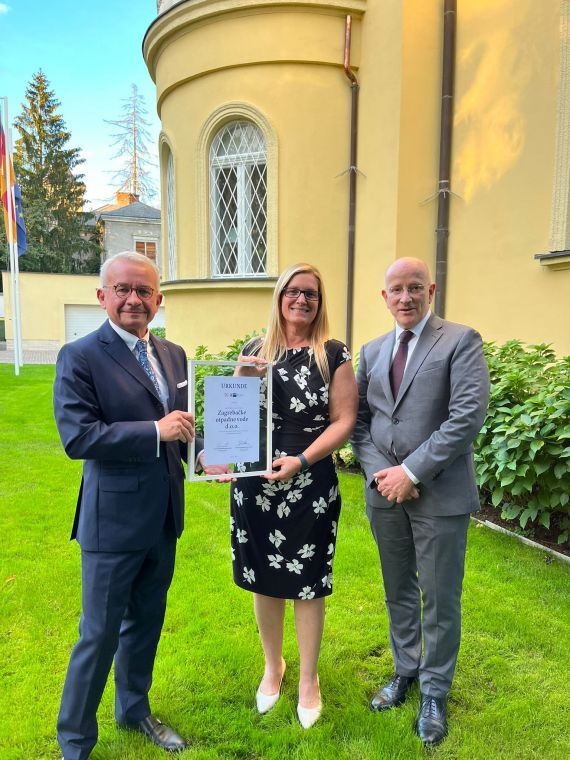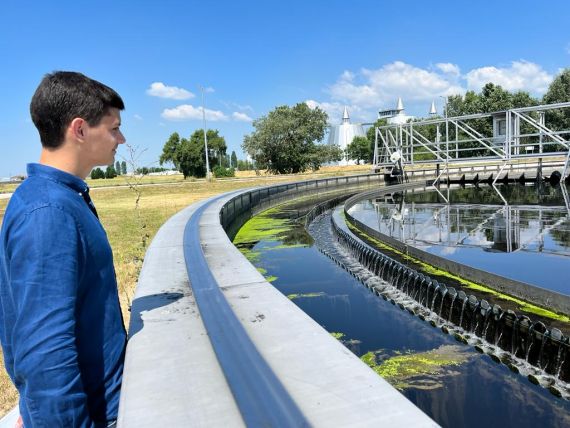Published: 18.9.2023.
The article was edited and published by Andrea Božić
WATER QUALITY is important, but it varies across the country, even from city to city. Are there any health benefits or risks associated with soft or hard water? To begin with, it will be difficult to find pure water H 2O in nature. Why?
Pure water is neutral, i.e. its pH value is 7. Due to the polar character of its molecules, water is an excellent solvent for many ionic and polar compounds, thus natural water (water in nature) is never chemically pure, because it dissolves mineral substances from the soil and often contains calcium, magnesium and sodium cations, as well as hydrogen carbonate, and chloride and sulfate anions.
To define soft or hard water, we must first see the composition of certain minerals in the water, especially calcium, magnesium and sodium. Hard water has higher levels of calcium and magnesium, while soft water contains small amounts of these two minerals, but has a high level of sodium.
How to tell if the water is soft or hard?
Soft water has a slightly salty taste, although it may be hardly noticeable. While hard water leaves behind a white residue on glasses and in the dishwasher. If you wash your hands with hard water, you may feel as though there is a slimy film on them, so you will rinse them again.
Hard water can cause lower water pressure because minerals can build up in the pipes over time and restrict water flow. Also, soft water produces more foam and hard water requires more soap to get things completely clean.
According to Health Digest, there are no health risks associated with hard water, but it can cause dry skin and hair. It can also increase the problems of people who have eczema. Some studies have shown that minerals in hard water can help protect against cardiovascular diseases.
The high sodium content of soft water can be a concern for people with high blood pressure. For these people, potassium-based water softening systems exist. Of course, they can also opt to buy bottled drinking water, whilst using tap water for cleaning, because, for that purpose, it is preferable to hard water.
Why do we need soft water?
When boiling hard water, insoluble products (most often calcium carbonate, CaCO3) are created that poorly transfer heat, so the material of the heated vessel overheats, thus weakening its mechanical properties. This is especially harmful for household appliances (washing machines and boilers) and high-pressure steam boilers in industry.
For this reason natural water (except rainwater) must be softened for technical use. The carbonate (transient) hardness of water, caused by calcium and magnesium hydrogen carbonates, can be removed by boiling the water or by adding soda or soda and lime, which causes precipitation of the insoluble carbonates. To completely remove the hardness of the water (carbonate and non-carbonate) and to prevent the formation of limescale, water deionization is carried out, and the water becomes soft, and harmless for appliances.
Article prepared by: Andrea Božić
Source: Aquasoft.hr







